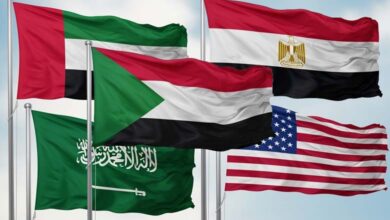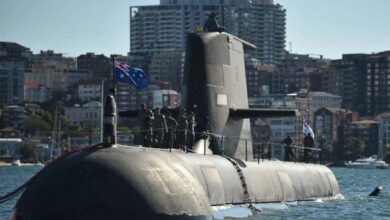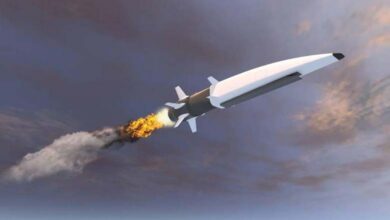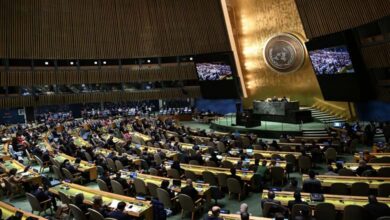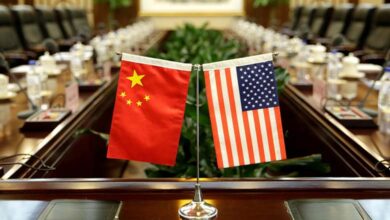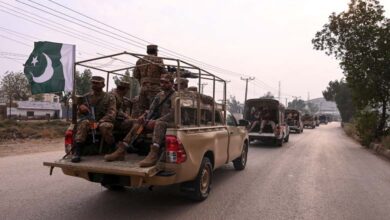Step Toward Sanctions Relief: UN Report Denies Links Between Hayat Tahrir al-Sham and Al-Qaeda

A confidential UN report reviewed by Reuters reveals that the organization’s sanctions monitors have not observed any “active ties” this year between Al-Qaeda and Hayat Tahrir al-Sham (HTS) in Syria.
-
UN Report Denies Any Link Between Damascus and Al-Qaeda
-
Alarming Resurgence of ISIS in Syria Following al-Assad’s Fall
According to Reuters, this conclusion may strengthen expected U.S. efforts to lift UN sanctions on Syria. The report, not yet officially published, is anticipated later this month.
HTS, formerly known as the al-Qaeda affiliate Jabhat al-Nusra, publicly severed ties with al-Qaeda in 2016.
The group led the offensive that ousted former President Bashar al-Assad in a swift strike last December, and its leader Ahmed al-Sharaa (also known as Abu Mohammad al-Jolani) has since become the new president of Syria.
-
U.S. Troop Reduction in Syria Puts SDF in Disarray
-
ISIS Threatens al-Sharaa… Can the Group Still Operate in Syria?
This report comes as diplomats expect the United States to propose lifting UN sanctions on HTS and al-Sharaa, who has expressed a desire to build a democratic and inclusive Syria.
The report covers the first six months of the year up to June 22 and is based on data and evaluations from UN member states.
HTS has been subject to UN sanctions since May 2014, including asset freezes, a global arms embargo, and travel bans against certain members.
-
The Emir of the Turkestan Islamic Party Leads Fighters in Syria from Kabul… What’s the Story?
-
How ISIS Fighters in Northern Syria Could Benefit from Turkey’s Ambitions
In a significant shift in U.S. policy toward Syria, President Donald Trump announced in May that he would lift American sanctions on the country, a move formalized by executive order in late June. Shortly afterward, the U.S. removed HTS from its list of foreign terrorist organizations.
The State Department stated that this was a step toward Trump’s vision of a stable and unified Syria.
A spokesperson told Reuters that the U.S. is reviewing the remaining terror designations related to HTS and its current status under UN sanctions.
-
ISIS Awakens in Syria: The Organization Awaits the Perfect Moment to Return to the Global Stage
-
The Mistakes of Afghanistan: How to Avoid Them in Syria?
Diplomats, humanitarian organizations, and regional analysts believe that lifting the sanctions could help rebuild Syria’s economy, steer the country away from authoritarianism, and undermine extremist recruitment.
Trump and his advisers say the move would also benefit U.S. interests by opening business opportunities, countering Iranian and Russian influence, and potentially reducing the need for U.S. military involvement in the region.
-
Washington Navigates the Syrian “Minefield”
-
Al-Julani Rewards Turkey by granting it Priority in Syria’s Reconstruction
-
From Al-Qaeda’s veil to the political shirt: Who is Abu Mohammed al-Julani?
-
Washington Follows the Events in Syria… What about “Hayat Tahrir al-Sham”?
-
Alaouite families haunted by daughters’ abductions amid lax government protection


